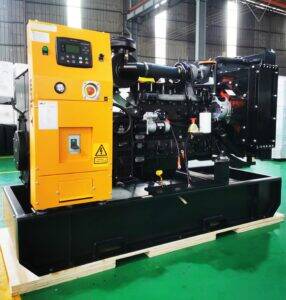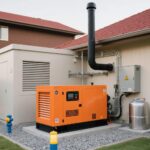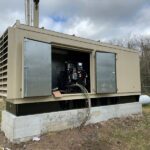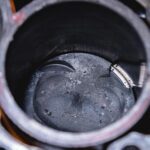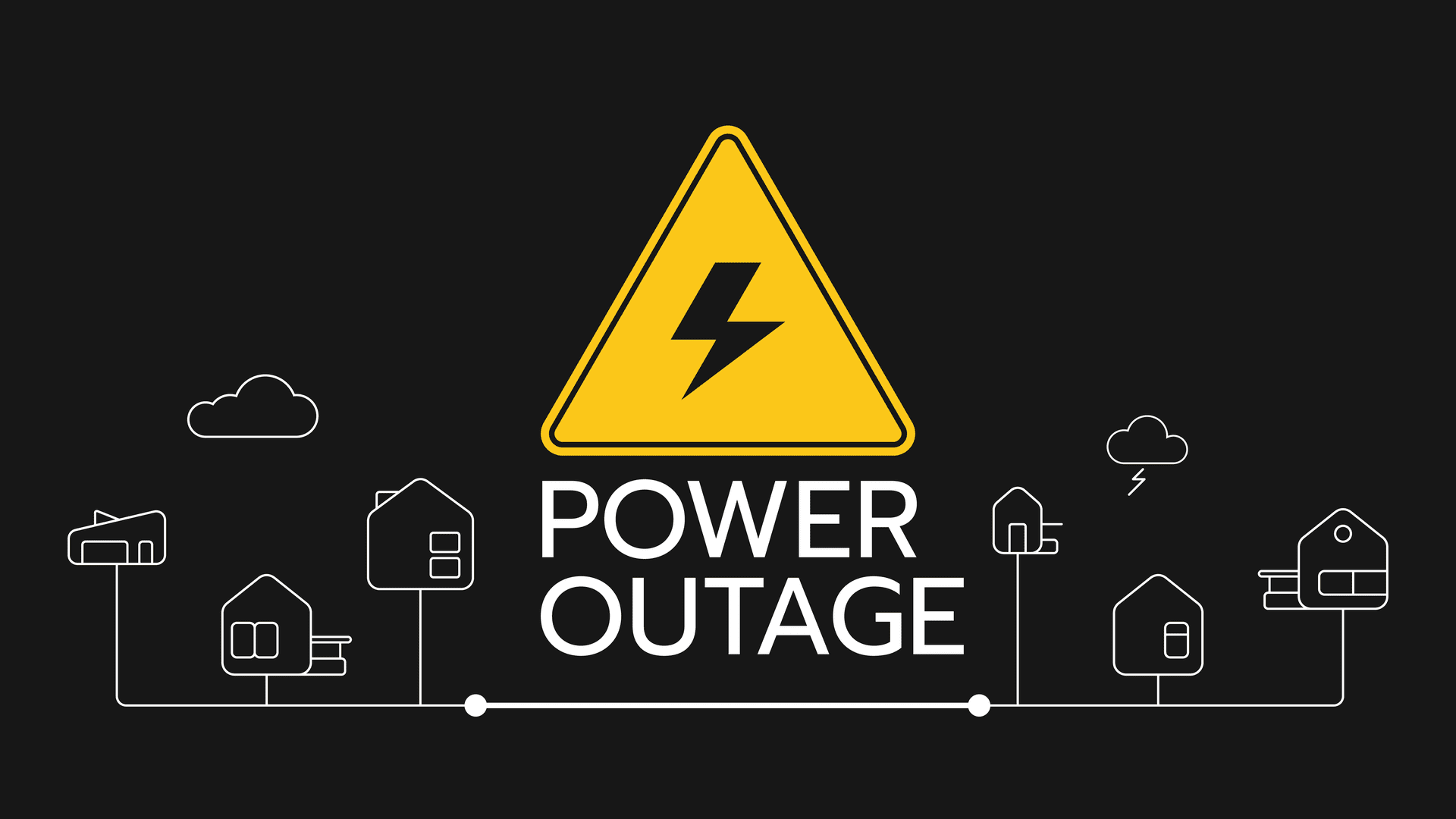
Power outages can disrupt both small businesses and large-scale industrial operations. In 2025, choosing the best diesel generator involves more than just considering power output. It requires a deeper understanding of efficiency, fuel economy, and long-term reliability.
To choose the best diesel generator, focus on power requirements, fuel efficiency, emissions standards, noise levels, and maintenance needs. Consider advanced features like automation, remote monitoring, and overall cost-effectiveness.
With new technology and environmental regulations, selecting the right diesel generator today means balancing performance, cost, and sustainability.
What factors should you consider when choosing a diesel generator?
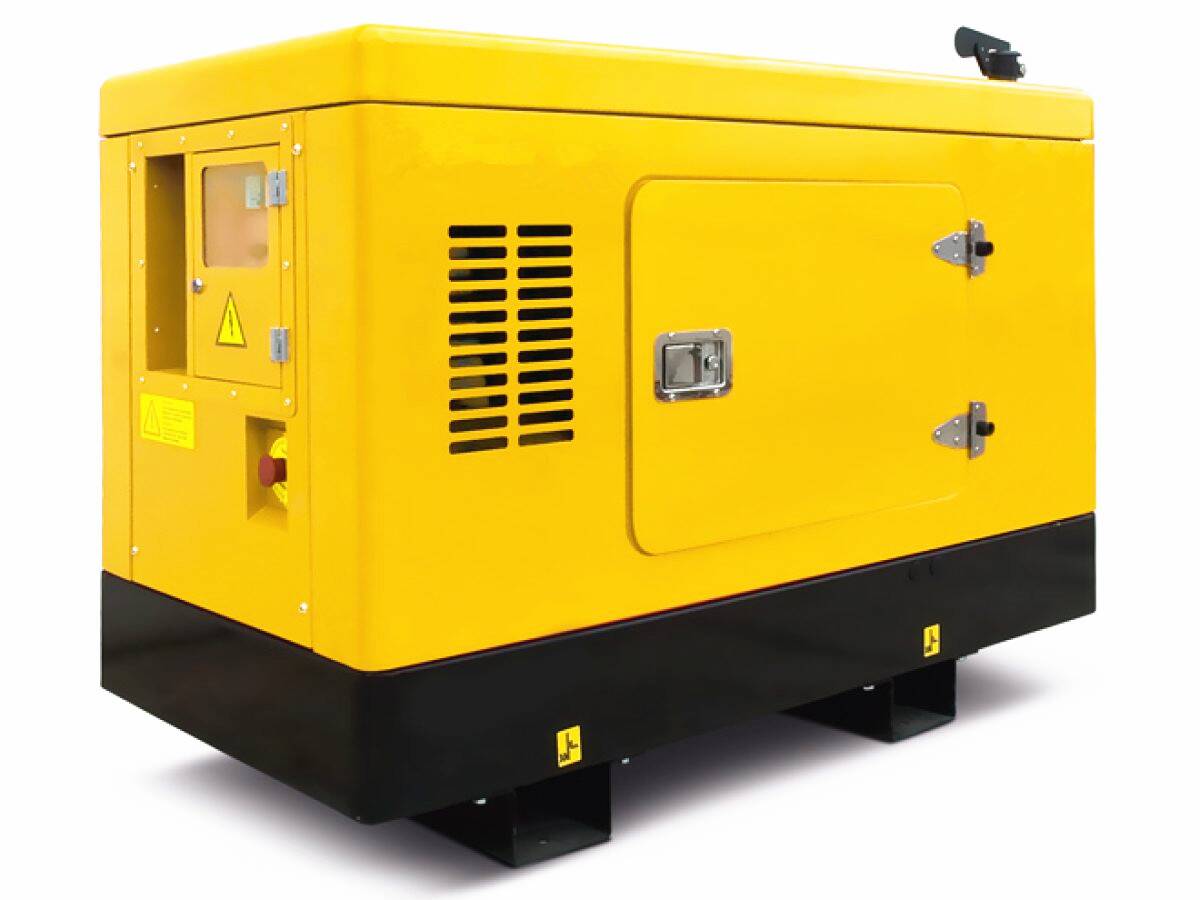
Choosing a diesel generator isn’t just about purchasing the most powerful option. It’s about ensuring you meet your specific power needs with efficiency, reliability, and sustainability in mind.
When selecting a diesel generator, consider factors such as power output, fuel consumption, size and weight, noise level, emissions, and maintenance requirements.
Power Output
The most critical factor is determining your power demand. To do this, calculate the total wattage of the equipment or systems that need backup power. Always choose a diesel generator with a slightly higher output than your peak demand.
- Small businesses: 10 kW–50 kW
- Medium-sized enterprises: 50 kW–200 kW
- Large-scale industries: 200 kW and above
A generator that’s too small will struggle under heavy load, while an oversized generator wastes fuel and money.
Fuel Efficiency
Fuel efficiency determines how much power the generator can provide relative to the amount of fuel it consumes. Diesel is already a more fuel-efficient option compared to gasoline, but some models excel more than others.
- Look for models with high thermal efficiency.
- Consider modern diesel generators with advanced fuel management systems.
- Review fuel consumption rates at both 25%, 50%, and 100% load.
Emissions Standards
Environmental regulations for diesel generators have become stricter in recent years, especially in countries with stringent emission laws.
In 2025, most countries will require generators to meet EPA Tier 4 Final or Euro Stage V standards. These standards reduce harmful emissions like nitrogen oxides (NOx) and particulate matter, making modern diesel generators more environmentally friendly.
Noise Levels
Noise pollution can be a significant issue, especially for residential or urban areas. Diesel generators, while powerful, tend to produce a lot of noise.
Choose models that have soundproofing technology or low-decibel ratings if noise is a concern. Many commercial-grade models are equipped with soundproof enclosures to reduce noise levels.
- Industrial generators: Can produce noise levels of 85–100 dB
- Commercial/Residential generators: Should aim for noise levels of 70–80 dB or lower
Size and Weight
The physical size and weight of the generator are essential for installation and portability.
- Portable diesel generators tend to be smaller and easier to transport, making them ideal for temporary or backup power needs in remote areas.
- Stationary diesel generators can be large and heavy, especially if they provide high power output. They may require specialized installation.
Maintenance and Serviceability
Like any machinery, diesel generators need regular maintenance to ensure their longevity and optimal performance.
Look for models with easy access to parts and components for routine maintenance.
- Longer service intervals mean fewer maintenance calls and lower long-term costs.
- Check if the manufacturer offers strong customer support and has a service network in your area.
What are the top chinese diesel generator features to consider in 2025?
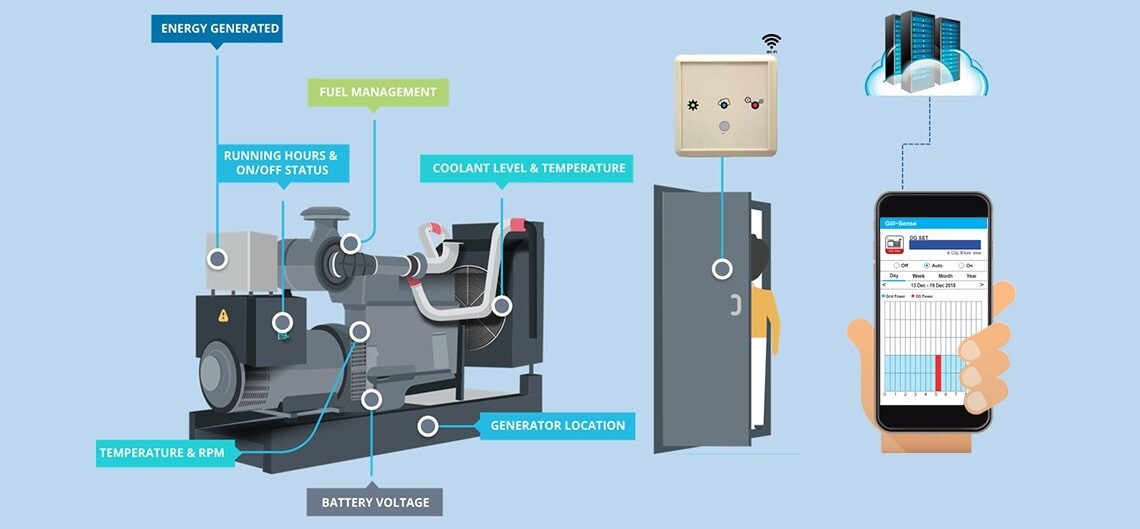
When it comes to diesel generators, modern advancements provide several features that improve performance and user experience.
In 2025, the best chinese diesel generators offer a combination of automation, remote control, and advanced monitoring systems.
Remote Monitoring and Control
Many diesel generators today come with remote monitoring systems, allowing users to check operational parameters, fuel levels, and maintenance needs from anywhere. This feature is particularly useful for businesses with large power installations or remote locations.
- Monitor fuel usage and adjust for maximum efficiency.
- Access generator performance data via a smartphone app or computer.
- Receive automatic alerts when maintenance is required.
Automatic Start and Load Transfer
For backup power, an automatic start feature and seamless load transfer to your generator is a must-have.
- Automatic start/stop ensures that the generator starts as soon as the power goes out and shuts down once the utility power is restored.
- Automatic load transfer switches ensure smooth power transition, protecting your equipment and reducing downtime.
Advanced Fuel Management Systems
Modern diesel generators come equipped with advanced fuel management systems that help maximize efficiency and minimize fuel wastage.
- Fuel efficiency modes can reduce consumption during low-load periods.
- Fuel tank monitoring systems ensure you never run out of fuel unexpectedly.
Smart Technology Integration
In 2025, expect more generators to incorporate Internet of Things (IoT) technology, enabling smarter integration with other devices and systems in your facility.
- Data-driven optimization: Collect and analyze data on performance, fuel usage, and maintenance, then optimize generator settings for better overall efficiency.
- Predictive maintenance: Some generators use AI and machine learning to predict when they will need servicing, minimizing the chance of failure.
What is the cost of a chinese diesel generator in 2025?
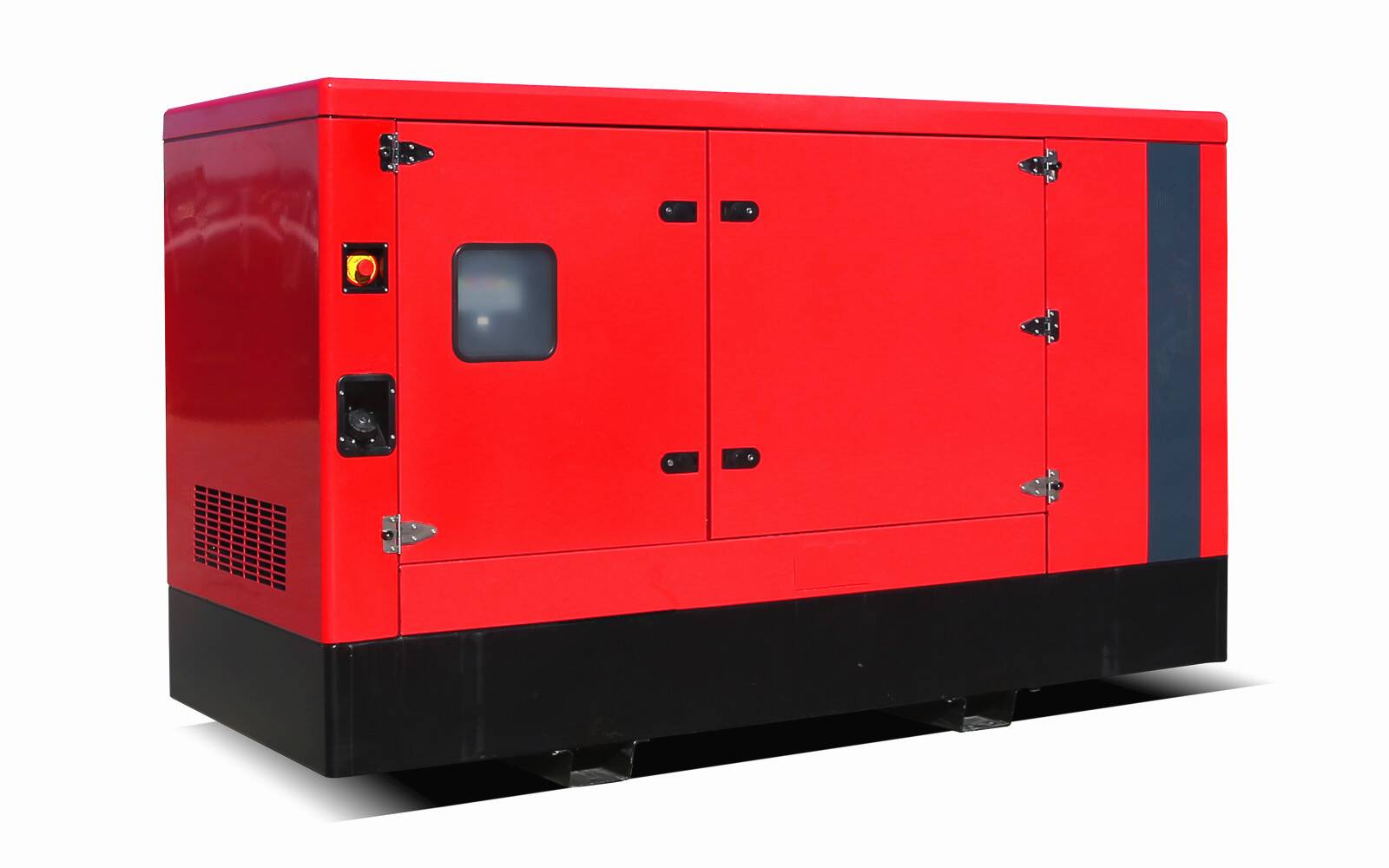
The cost of a diesel generator depends on its size, brand, features, and overall build quality. However, remember that the upfront price is only one part of the total cost of ownership. You’ll also need to account for installation, fuel consumption, and long-term maintenance.
Price Breakdown
| Generator Type | Price Range | Installation Cost | Annual Maintenance Cost |
|---|---|---|---|
| Small Diesel | $500–$10,000 | $50–$100 | $100–$500 |
| Medium Diesel | $10,000–$50,000 | $500–$1,000 | $500–$2,000 |
| Industrial Diesel | $50,000–$200,000+ | $3,000–$20,000+ | $2,000+/year |
- Small Diesel Generators are suitable for residential and light commercial use, with lower installation and maintenance costs.
- Medium Diesel Generators can power small to medium-sized businesses, and their installation costs will be higher due to their larger power output and complex setups.
- Industrial Diesel Generators are best for large facilities and require significant investment, not only in purchase but in ongoing maintenance.
Conclusion
Choosing the best diesel generator in 2025 involves understanding your power requirements, considering fuel efficiency and emissions, and investing in long-term reliability. Modern features like remote monitoring, automation, and smart technology integration will help you manage the generator more effectively and efficiently.
Buying And Technical Contact
You can contact us in many ways:
You can go to our website (URL: https://waltpower.com/contact/) and drop us a message.
You can email us:
Our Contact is: +8618717996108 (WhatsApp)

